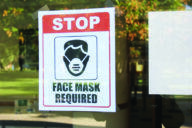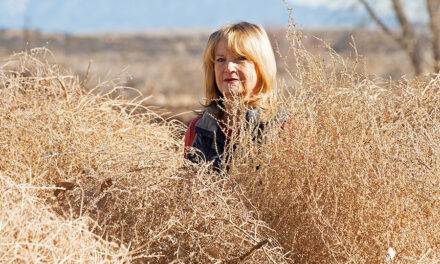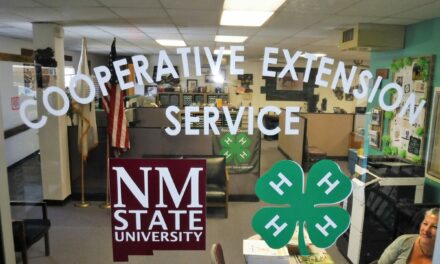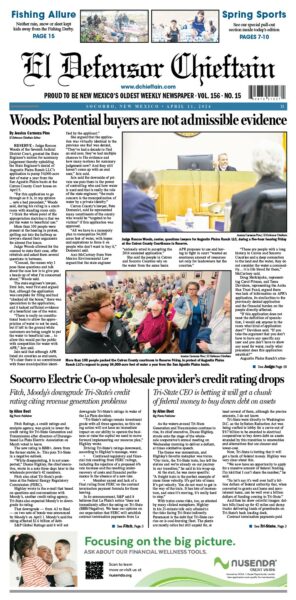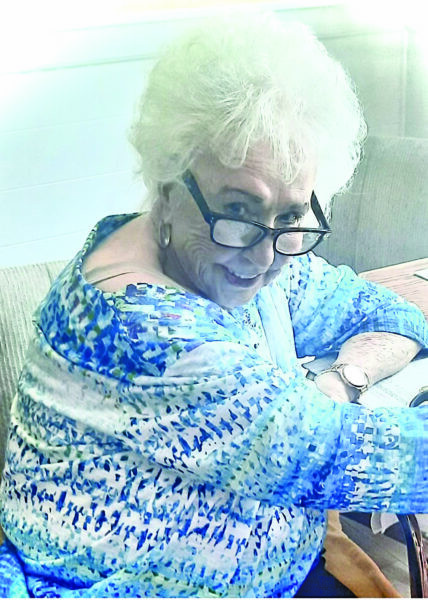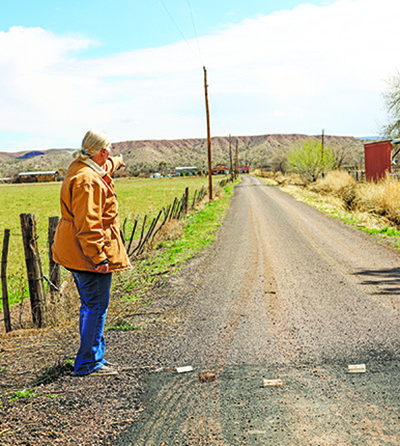SANTA FE – New Mexico’s voting laws got a congressional close-up Monday, as a U.S. House subcommittee held a field hearing at the Roundhouse that focused on steps the state has taken to expand voter access.
The hearing, which was not attended by any Republican members, comes as a proposed federal update of the Voting Rights Act has stalled in the U.S. Senate and some states have moved to enact laws restricting some types of voting and election-related activities.
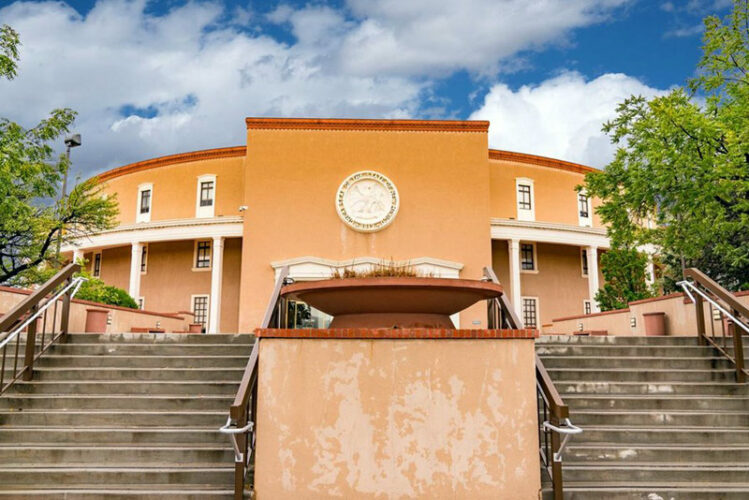
New Mexico State Capitol Building in Santa Fe
Courtesy photo
U.S. Rep. G.K. Butterfield, D-N.C., chairman of the subcommittee on elections, said at the onset of Monday’s hearing that New Mexico’s approach to voting laws stands in contrast to “anti-democratic” measures enacted in other states, including his home state of North Carolina.
“This great state has moved in the opposite direction by increasing access to the ballot box for voters,” said Butterfield, who plans to retire this year after 18 years in Congress.
New Mexico Secretary of State Maggie Toulouse Oliver was one of several individuals who testified at the Monday field hearing, which was part of a series of hearings around the country held to gather evidence of voter suppression and issues facing elections officials.
Toulouse Oliver, who is seeking reelection this year, cited past threats she has received related to her job duties and lamented the spread of misinformation about voter fraud and other election-related issues.
“We have to collectively figure out how we can make it so these lies are not tolerated and they are not allowed to propagate,” she said.
The secretary of state, a Democrat, also said New Mexico has conducted fair and accurate elections after adding same-day voter registration, ballot drop boxes and allowing 17-year-olds to vote in primary elections, provided they turn 18 before the general election.
“It is a fallacy to say ballot access comes at the expense of election security,” Toulouse Oliver said.
New Mexico voter turnout surged in 2020, with 68% of registered voters casting ballots in that year’s general election.
The turnout percentage was the state’s highest since 2008, when 70% participated, and New Mexico set a record for raw votes cast with more than 928,000 ballots cast altogether.
Of that amount, roughly 35% were cast via absentee ballot, as registered New Mexico voters are not required to provide a reason for requesting an absentee ballot and casting their votes via that method.
However, a simmering debate over election integrity has intensified in New Mexico and in other states in recent years, driven in large part by former President Donald Trump’s unsubstantiated claims he was denied victory in the 2020 presidential election by widespread fraud.
A proposed New Mexico voting rights bill establishing a permanent absentee voter list and restoring the voting rights of felons upon their release from jail failed during this year’s 30-day legislative session when a Republican senator filibustered on the session’s final day to prevent a final vote.
In addition, the Monday field hearing at the state Capitol was interrupted by Albuquerque resident Marcie May, who said it was “unfair” it was being conducted without GOP participation.
The hearing ended after Butterfield warned she could be arrested for the interjection, but May later told reporters she witnessed voting irregularities as a poll challenger in Albuquerque and accused Democrats of labeling those who oppose their election proposals as racists.
But advocates for expanded voting rights like Andrea Serrano, the executive director for OLÉ, or Organizers in the Land of Enchantment, an Albuquerque-based nonprofit group, said misleading election-related information is often spread with a specific goal in mind.
“That disinformation is done intentionally,” Serrano said. “And it’s done specifically to keep people of color from voting.”
Committee staffers for the elections subcommittee of the U.S. Committee on House Administration said Republican members were invited to attend Monday’s hearing – including via remote participation – but declined to do so.
Meanwhile, the field hearing gave the opportunity to two members of New Mexico’s congressional delegation – Democratic U.S. Reps. Teresa Leger Fernandez and Melanie Stansbury – to attend to congressional business on their home turf.
Leger Fernandez, who is a member of the subcommittee, cited her past legal work before running for Congress to address long lines to vote on tribal lands in New Mexico, among other issues.She also said some of the testimony provided Monday would be valuable for committee members.
“Some of the issues that were raised here, like the need to provide funding so there is a steady source for our secretary of secretary of state, that’s something I’m going to go back and work on immediately,” Leger Fernandez told reporters.
Both Leger Fernandez and Stansbury, who is not a member of the subcommittee but was allowed to attend the field hearing, are running for election this year under a congressional map that was redrawn by legislators during a December special session on redistricting.



